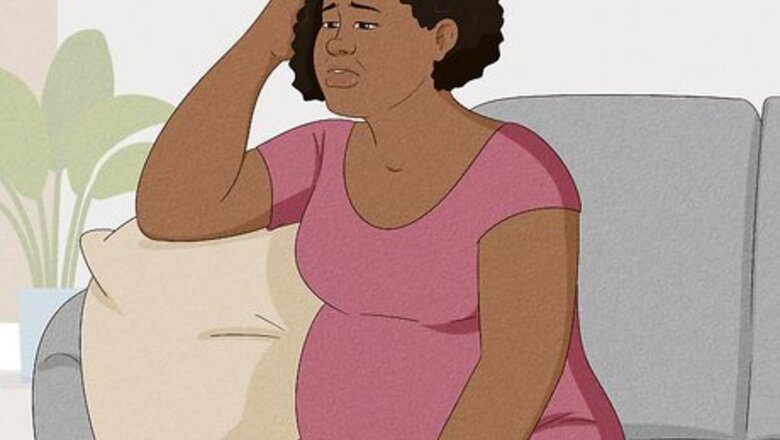
views
- There are downsides to having a baby after 40: your pregnancy will be higher-risk, and you’re likely to find parenting more exhausting as you age.
- But there are a lot of plus sides to having a baby in middle age, too: you’re wiser and more financially stable, and can turn to your friends who have already had kids for advice.
- In the end, there are pros and cons to having a baby at any age, and the best you can do is consider them as carefully as possible before having a child.
Downsides to Having a Baby in Your 40s
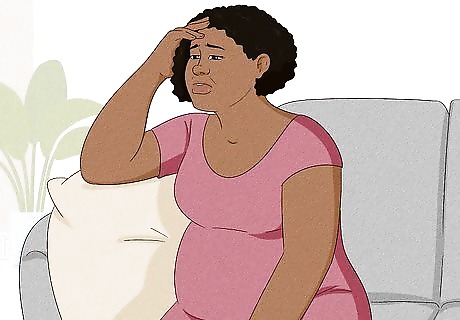
You get tired more easily as you age. Parenting is exhausting—parenting in middle age, doubly so. While you’ll no doubt love your kid(s) with your whole heart and soul, that doesn’t change the fact that your body might be on an entirely different page. As you age, you get exhausted more easily, and you may struggle to match a young kid’s youthful exuberance when you’re in your 40s and 50s. But don't despair—there are lots of lifestyle changes you can implement to make you less tired in middle age and beyond: eating a healthy, nourishing diet, exercising regularly, and (trying to) get decent sleep can all ensure you're more energized and ready to run around with your little one.
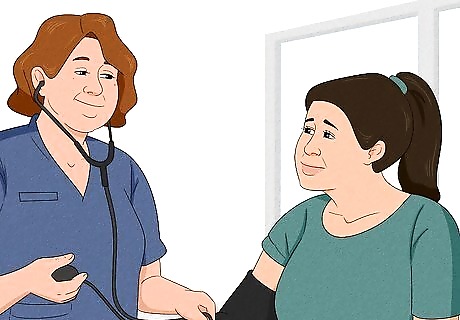
You’re more likely to have health problems of your own. It’s easier to worry about the health of your baby when you’re not worried about your own mortality. Sure, you may have any number of health concerns in your 20s and 30s, but your health naturally deteriorates as you age, and raising a child while trying to stay healthy yourself can be overwhelming. Even if you’re perfectly healthy during your kid’s infancy and early childhood, by the time they’re in middle or high school, you’ll be nearing retirement age and at higher risk of developing more age-related health problems. Your kid may also grow up worrying about your health, which could cause them some unnecessary stress.
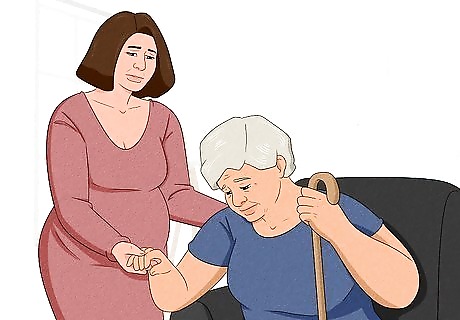
Your own parents may need caretaking. Many people in middle age find themselves taking care of their own parents, who by this point are generally much older and facing age-related health issues. This is already a tough situation to be in, but it can be even harder when you’ve got an infant or small child to take care of at the same time. Having to divide your attention between your parents and your baby may mean neither of them are getting adequate care—and you run the risk of burning out.
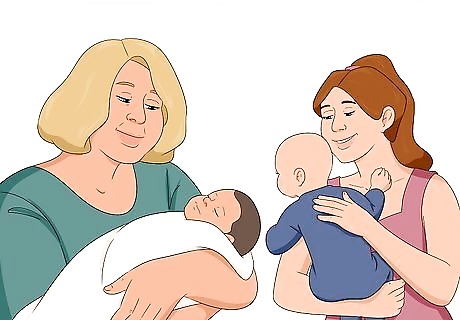
You’ll be older than many of their peers’ parents. People are waiting longer and longer to have kids, but the average mother still has her first baby at 27, meaning that if you have a baby at 40, you’re likely to be the odd one out among the other parents. This doesn’t mean you can’t make wonderful friends with them anyway, but it can be a little lonely if you’re 10 or even 20 years older than the other parents. People may even mistake you for your kids’ grandparents—which isn’t, in itself, a crime, but might feel a little weird. (As far as reasons not to have kids go, though, this is a pretty flimsy one.)
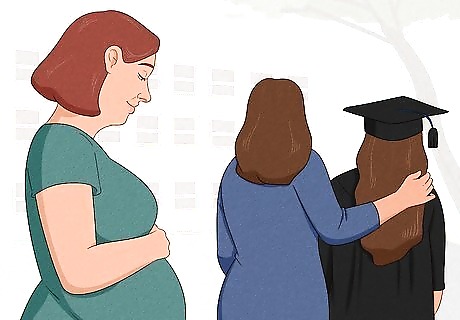
Your own friends may be in a different stage of life. While more and more people are waiting to have kids until later in life, it’s still very likely that your friends who want kids have already had them by middle age. And whether you’re parenting with a partner or going solo, it’s lonely being the only parents in your friend group. Even if your friends have kids, they may be in elementary or middle school or even college when you’re changing diapers.
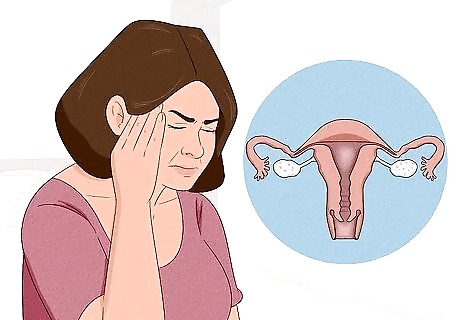
You might enter menopause while parenting. Having a child constitutes a major life change at any age, but in your 40s and 50s is when you’re likely to enter perimenopause and menopause—a potentially major life change of its own. Hormonal fluctuations during perimenopause and menopause may cause mood swings, hot flashes, and bodily changes that may amplify the stress of parenting a young kid—especially if they enter puberty while you’re going through your own change of life. Keep in mind that these symptoms are what many people experience, but everyone is different. You may sail through menopause without issue! Some symptoms of menopause may be genetic. Therefore, your own family history of menopause may help you know what to expect: consider asking your mother or grandmother about their experience. Exercising regularly and eating a healthy diet can help alleviate discomfort associated with menopause.
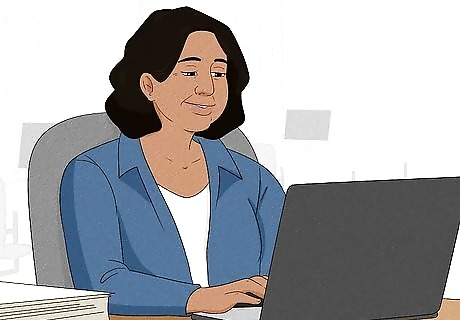
You may not be able to retire early or on time. If you had planned to retire by a certain age, unless you’re an amazing planner or are independently wealthy, it’s likely a late-in-life pregnancy will keep you working longer than you’d hoped. It’s a strong contender for understatement of the year, but kids cost a LOT of money. This being said, lots of people opt not to have kids in their 20s because they aren’t financially stable enough yet. It may turn out for you that waiting until middle age to have a baby is the most financially sound way to do things.
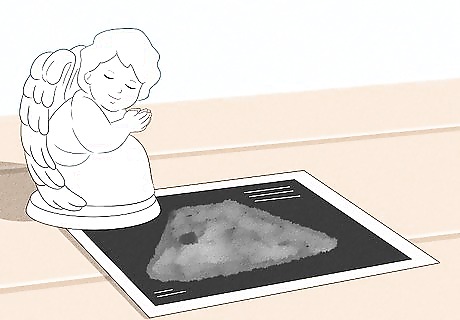
Pregnancy after 40 poses greater health risks for mother and baby. The unfortunate truth is we’re born with all the eggs we’re ever going to have, and that number only decreases with age. So, if you want to have a baby in your late 30s or beyond, you’re more likely to experience difficulty getting pregnant and carrying your baby to term. This doesn’t mean it’s not worth it, but it may be a heartbreaking process—and there’s no guarantee there will be a child at the end of it. People carrying babies past middle age are more likely to miscarry or suffer a stillbirth, and they’re also at greater risk of developing gestational diabetes and preeclampsia and of delivering a premature baby. Additionally, older eggs are more likely to cause chromosomal problems during pregnancy, raising your risk of having a baby with Down syndrome. Amniocentesis can help you prepare for potential genetic conditions or health issues. It involves removing a small amount of amniotic fluid from your uterus during pregnancy and testing it to see if your baby is at risk for anything.
Upsides to Having a Baby in Your 40s
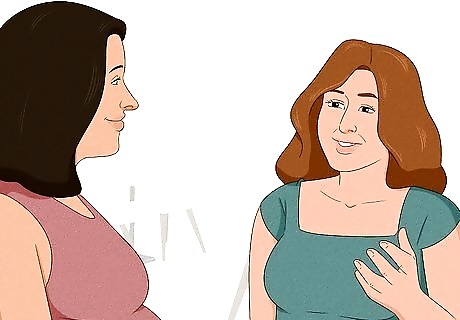
Your friends who’ve already had kids can offer advice (and hand-me-downs). While it can be lonely being the sole parent of a young kid in your friend group, the upside is that you likely have friends who have already gone through exactly what you’re going through and can offer you support and advice. They may have hand-me-downs from their own children and can offer valuable wisdom from one parent to another. Plus, if they’re not busy taking care of their own kids, they may be more available to babysit for you. (Don’t quote us on that, though.)
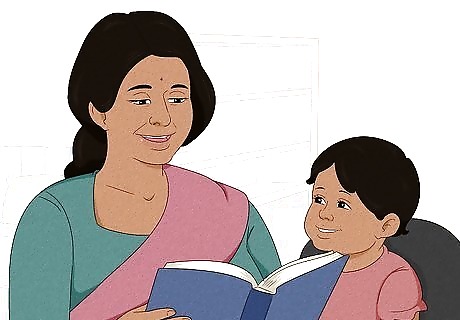
You’re so much wiser now than you were in your 20s and 30s. This may be your first baby, but it’s not your first rodeo. Let’s face it, a 20-year-old with a baby is like…well, a 20-year-old with a baby. Even in your 30s, you’re only just beginning to realize all that you don’t know. In your 40s, though, you have a stronger sense of who you are and what you want and can pass on your hard-earned wisdom to your child.
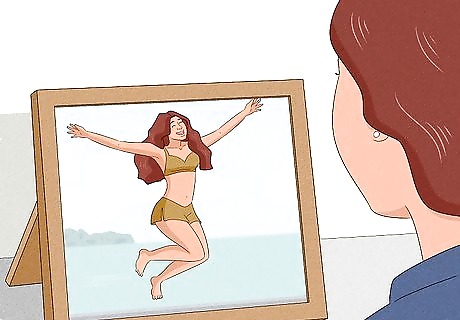
You've had time to have plenty of solo experiences. Parenting is a wonderful and awesome calling, but it's time- and energy-consuming. You just can't really do a lot of the things you used to be able to do when you were a childfree, independent person. Having a baby at 40 means that you've had lots of time to have adventures and celebrate being on your own in your 20s and 30s. This isn't to say you can't have adventures after having a baby (having a baby is an adventure in itself), but it's easier to go to college, travel the world, or even just stay out late when you don't have a child.
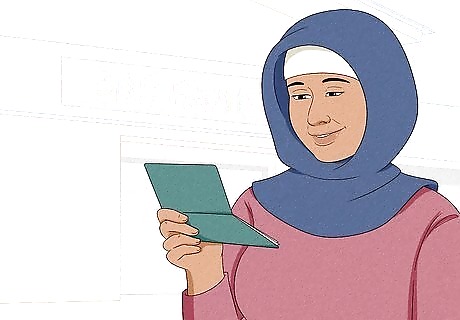
You’ve probably got more money now. It’s not a guarantee, but you’re way more likely to be financially stable in middle age than in your 20s and 30s. You and/or your partner are more likely to be established in a supportive career with retirement funds and savings accounts and maybe even a little nest egg dedicated entirely to your little one.
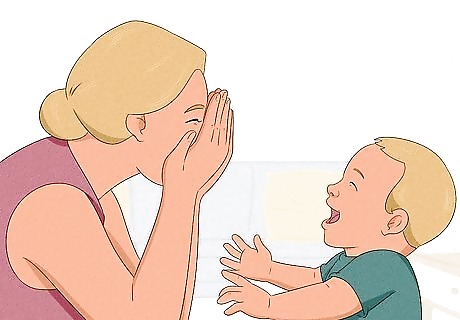
Babies make you feel younger. Sure, you’ll be tired all the time—but you’ll also be laughing and giggling and running around playing hide-and-seek and peek-a-boo all the time. How can you not feel like a silly, happy child again yourself?
Final Thoughts
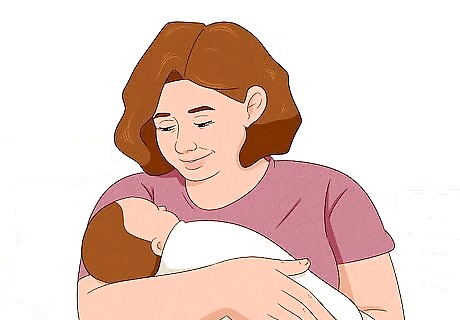
So…is it selfish to have a baby at 40? No—it’s just complicated. As having a baby always is, no matter what age you are. While there are certain benefits and downsides that naturally accompany age, in the end, nobody can predict the future. The only thing you can do is carefully weigh your options and make the choice that seems right to you—other people’s opinions be darned.













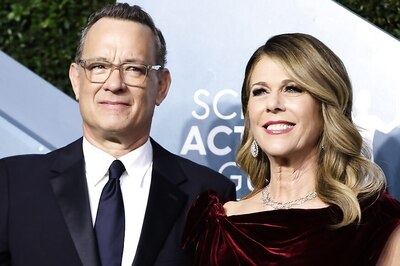

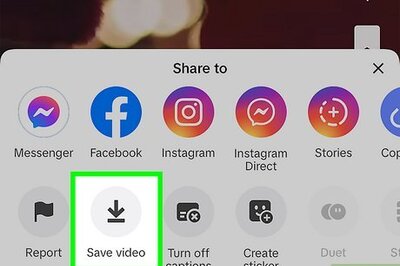
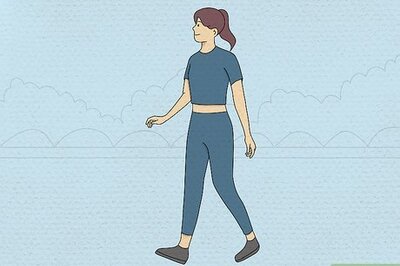
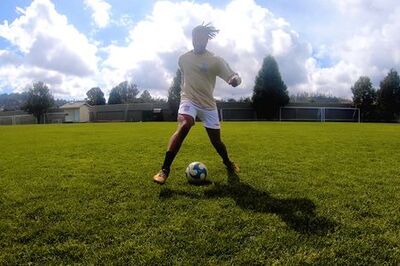
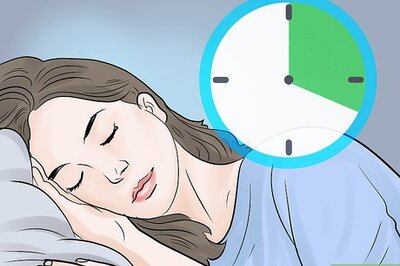
Comments
0 comment